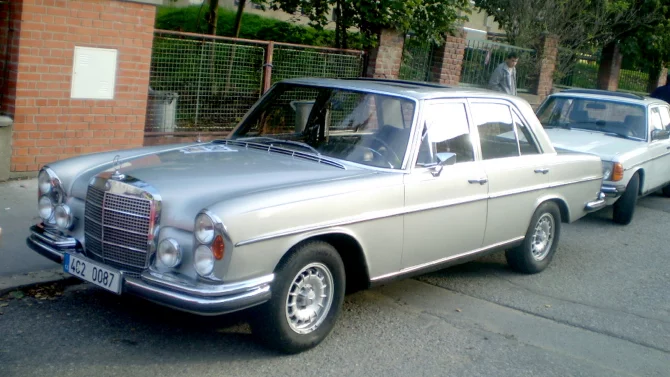...
By Marek Petrus
Czech central bank (CNB) policymakers kept interest rates on hold for the third month running as markets expected on Wednesday, responding to the strength of the crown and a sharp fall in inflation.
The key two-week repo rate was left at 2.50 percent, the lowest level in the European Union and one percentage point below the euro zone equivalent, after 75 basis points worth of hikes between Oct. 2005 and Sept. 2006.
A news conference was scheduled for 1430 GMT.
All 22 economists in a Reuters poll predicted the CNB would hold policy steady this month after inflation fell below its target and the currency's rise to record highs tightened credit conditions.
The crown scaled a new all-time high of 27.590 against the euro earlier on Wednesday, reflecting generally bullish investor sentiment towards emerging markets, as well as a trade surplus and robust, 6 percent growth in the economy.
The currency has gained about 5.5 percent against the euro so far this year, making it the second best performing currency in central Europe after its Slovak counterpart.
Firm currencies also led the Slovak central bank (NBS) to hold its key interest rates flat for a third month in a row on Wednesday. Poland followed suit, also keeping its rates on hold.
REVIEWING RATE FORECASTS
The crown has risen 2.5 percent versus the bank's inflation forecast drawn up in October which used 28.3 per euro rate as its assumption.
CNB Governor Zdenek Tuma told Reuters last week that the crown's recent rise was on the verge of being "totally crazy".
November annual inflation of 1.5 percent lagged the CNB's forecast by 0.4-0.5 percentage point and undershot the bottom of its target, which aims at 3 percent but includes a tolerance range of one percentage point either side.
The CNB's forecast in October assumed a further gradual rate rise over the coming quarters to prevent reviving household consumption from fuelling inflation.
Analysts said the market would likely review rate forecasts.
"Now is the time when expectations of interest rate changes are being pushed back," said David Marek, chief economist at Patria Finance. "I personally expect (a rate rise in) April, but am thinking it may even come only in the second half of the year."
Wednesday's policy meeting was the last of the year and the first after this month's appointment of two new policymakers -- Mojmir Hampl and Vladimir Tomsik -- to the seven-strong body.
[PRAGUE/Reuters/Finance.cz]




 Mercedes-Benz W108/109: první čistokrevná S-Klasse se představila před 60 lety
Mercedes-Benz W108/109: první čistokrevná S-Klasse se představila před 60 lety
 Test Volkswagen Golf 1.5 TSI People: Lidovka
Test Volkswagen Golf 1.5 TSI People: Lidovka
 „Elektrická mobilita je budoucnost, o tom není pochyb. Každý, kdo tvrdí opak, poškozuje náš průmysl.“ A proto přijdou plošné evropské dotace
„Elektrická mobilita je budoucnost, o tom není pochyb. Každý, kdo tvrdí opak, poškozuje náš průmysl.“ A proto přijdou plošné evropské dotace
 Našli jsme deset absolutně neznámých automobilů současnosti. Dokážete uhodnout alespoň polovinu?
Našli jsme deset absolutně neznámých automobilů současnosti. Dokážete uhodnout alespoň polovinu?
 Dvě i čtyři doby, tři a čtyři válce: Saab 96 se stal vozem pro individualisty, a to i v Československu
Dvě i čtyři doby, tři a čtyři válce: Saab 96 se stal vozem pro individualisty, a to i v Československu
